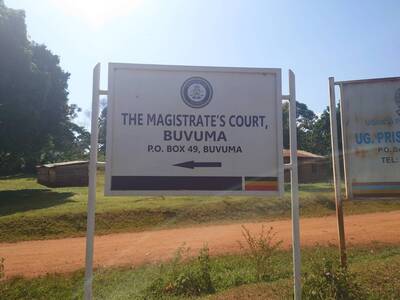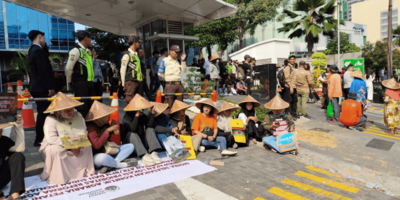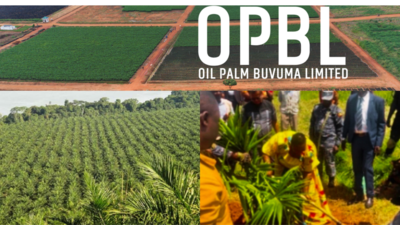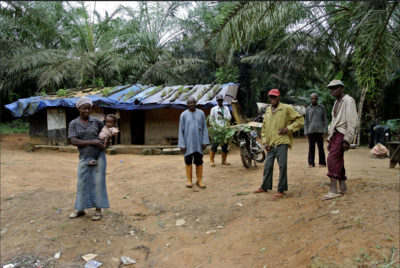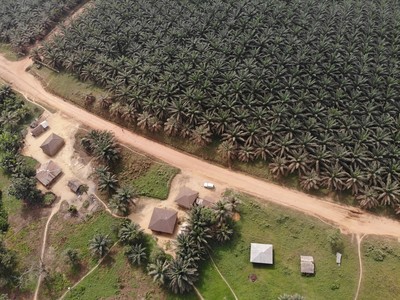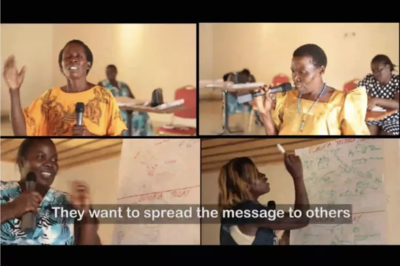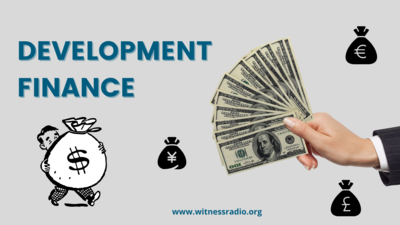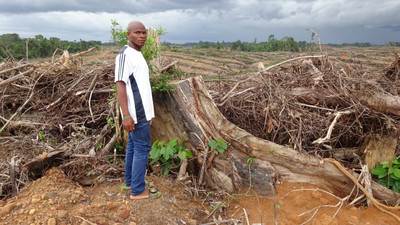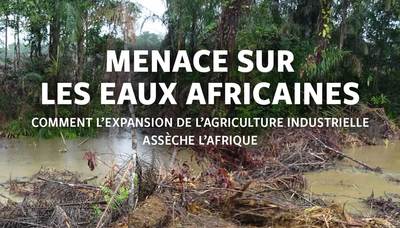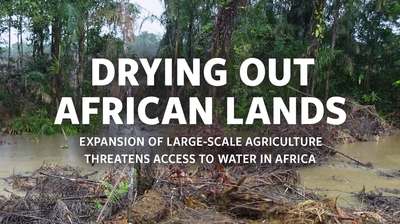Buvuma: more community land rights defenders are getting targeted, facing judicial harassment, and others are jailed on trumped charges
- Witness Radio
- 06 Mar 2025
In Buvuma District, Uganda, the push for the palm oil project expansion has emboldened land spectators and oil palm brokers to seize more land from neighboring communities. Those who resist often face harsh consequences.




